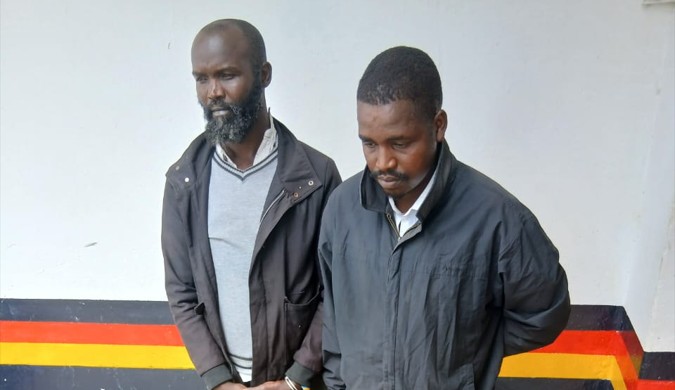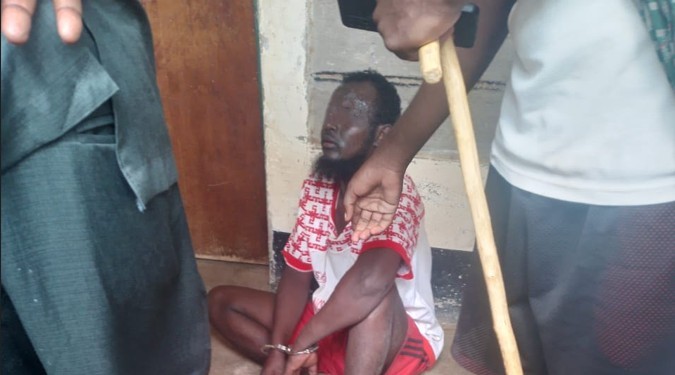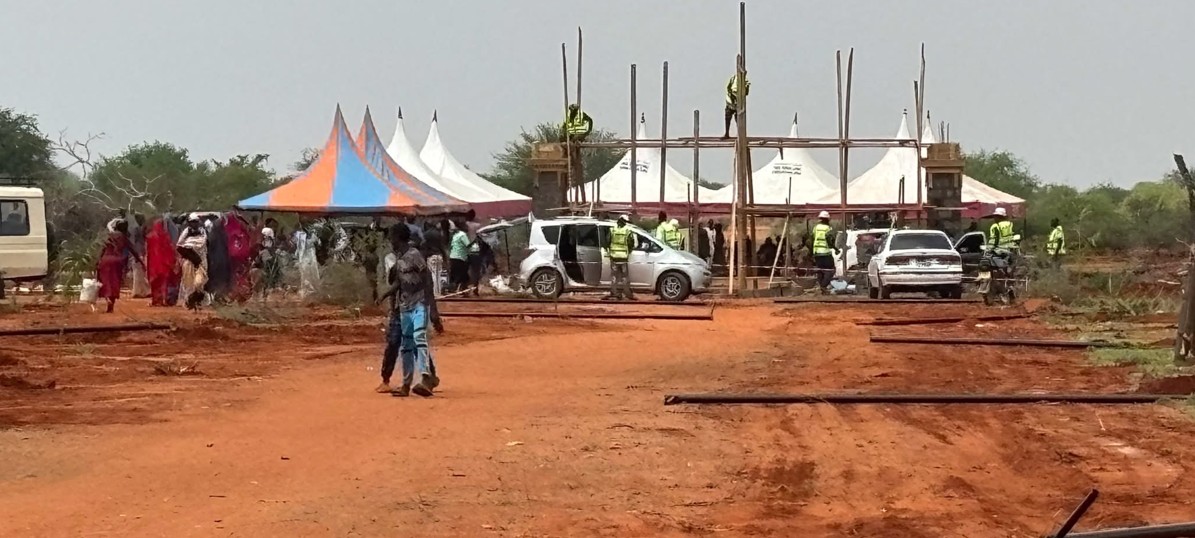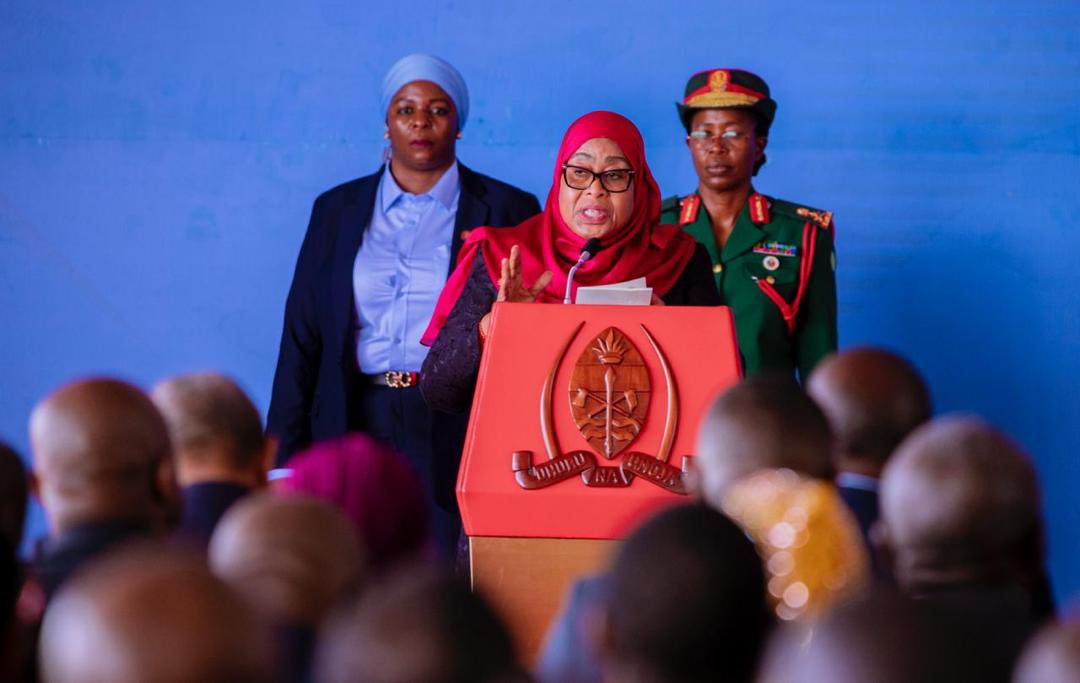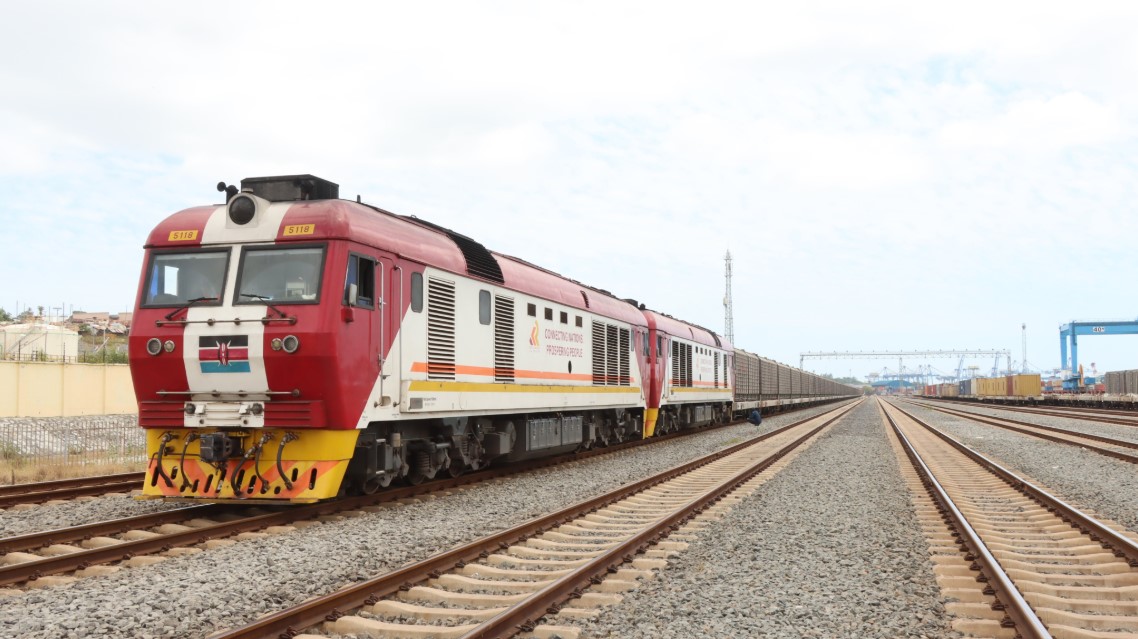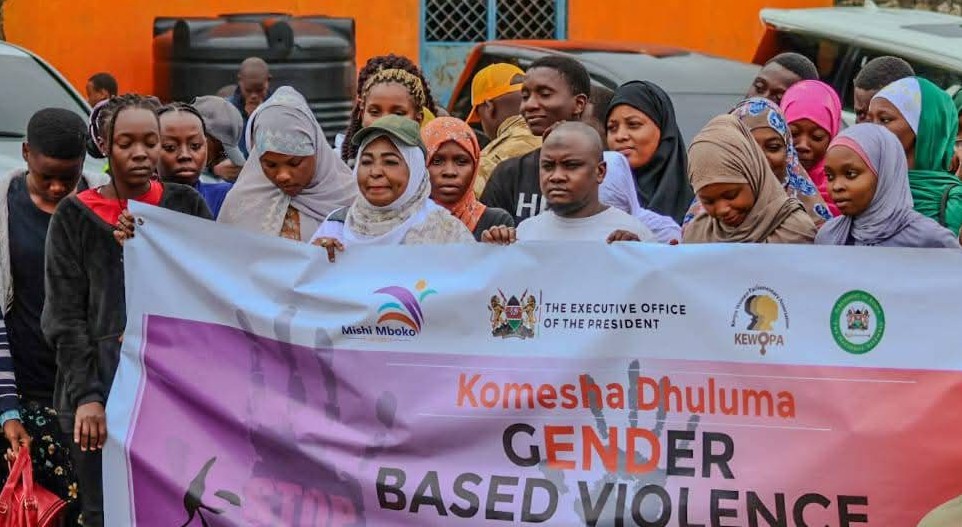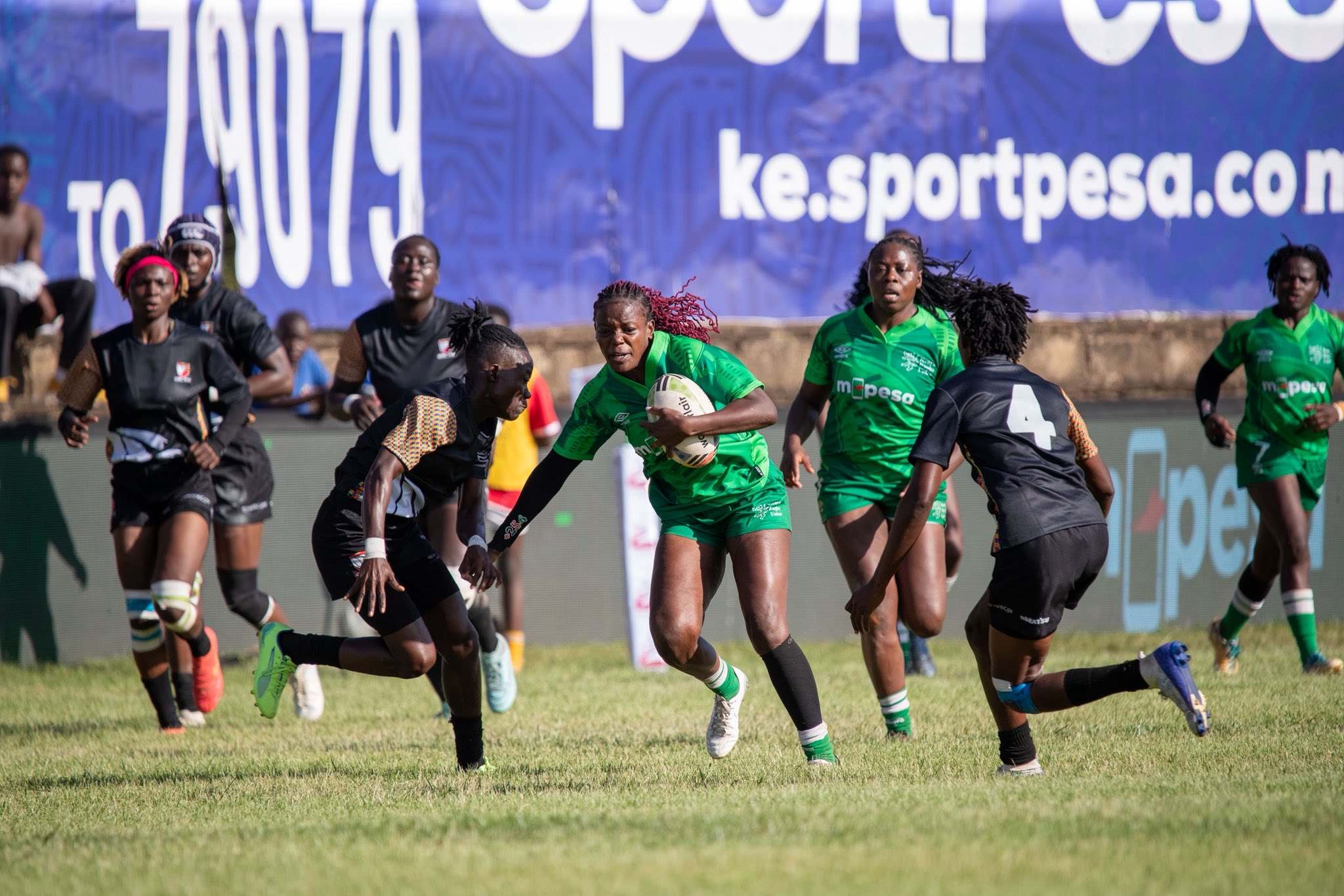Parliament flags exclusion of teen mothers, prisoners from SHA coverage
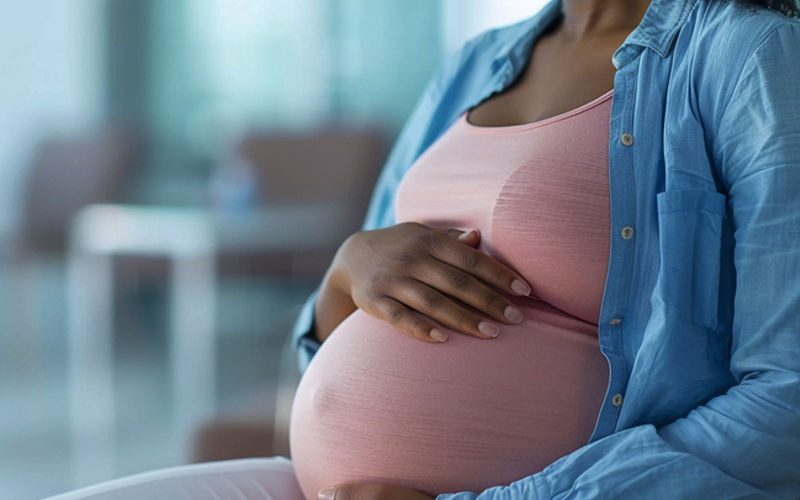
According to the National Assembly’s Departmental Committee on Health, weak mechanisms for identifying and enrolling the poor have forced patients to bear high out-of-pocket costs, particularly for expensive treatments like cancer care.
A Parliamentary committee has raised concerns that vulnerable groups, including teenage mothers, prisoners and patients with chronic illnesses, are still being excluded from Social Health Authority (SHA) coverage, a year into its operation.
According to the National Assembly’s Departmental Committee on Health, weak mechanisms for identifying and enrolling the poor have forced patients to bear high out-of-pocket costs, particularly for expensive treatments like cancer care.
More To Read
- Gender CS Cheptumo calls for collective action against teenage pregnancies
- Over 29,000 Kenyans die of cancer yearly as high costs force them to abandon treatment
- Teachers’ Unions demand clarity as TSC plans to move 400,000 educators to state health scheme
- Over 100 facilities accredited by SHA to provide cancer care after protests
- Over 160 newborns, 14 mothers died during Kiambu doctors’ strike - Health CS Aden Duale
- From free to unaffordable: Why more Kenyan women are giving birth at home again
The Committee also noted that operational and policy gaps, as well as the absence of a clear national framework for enrolling vulnerable populations, have resulted in continued exclusion from critical health services. The findings were based on an assessment of 10 health facilities across the country, which highlighted 19 major challenges affecting access to quality healthcare.
Cancer patients were identified as particularly disadvantaged, as essential diagnostic and follow-up tests are not covered, leaving patients to shoulder significant costs.
“Considering the long-term and expensive nature of cancer care, this gap increases the risk of treatment discontinuation, poor outcomes and inequity in access. Laboratory tests are also limited to five tests for outpatients. ICU 12-day package limits are impractical for longer stays,” Committee chairperson and Seme MP James Nyikal said.
The report also pointed out contradictions between actual costs of care and SHA reimbursement rates. Some packages, including the Sh30,000 allocation for caesarean deliveries, 12-day ICU limits, and restricted outpatient benefits at Level 5 facilities, fail to meet real costs.
“These benefit packages and tariffs undermine quality service delivery and discourage providers from offering specialised care,” the committee said.
The requirement for lump-sum annual premium payments has further excluded many poor households, undermining the principles of equity and Universal Health Coverage (UHC).
“Similarly, prisoners, indigent persons, and individuals living with chronic conditions experience inconsistent coverage across facilities… Teenage mothers without national identification cards face registration barriers that deny them and their infants’ access to essential maternal and child health services,” the committee noted.
The absence of a national framework for identifying and enrolling vulnerable populations, particularly teenage mothers and their infants, has contributed to their continued exclusion from critical health services. SHA was also criticised for failing to identify needy persons through Means Testing, as it has not implemented a clear and transparent mechanism for enrolling vulnerable populations as required under Section 27(2)(c) of the SHA Act.
Financial management challenges under SHA were also highlighted. Nyeri County Referral Hospital, for instance, lost over Sh16 million to a neighbouring private hospital due to payment processing errors, and efforts to recover the funds have been unsuccessful. Reimbursements to health facilities have been inconsistent, with some months recording no disbursements at all. A backlog of arrears inherited from the defunct National Health Insurance Fund (NHIF) remains unresolved, while approved but unpaid claims continue to accumulate, straining hospital finances.
The committee also noted a high rate of claim rejections, even when facilities submitted proper documentation, with feedback often delayed beyond the statutory 90-day period, exposing the absence of a clear mechanism for resubmission.
To improve SHA implementation, service delivery and patient outcomes, the Parliamentary team has urged the Treasury to invoke Article 223 of the Constitution to settle Sh10 billion in outstanding NHIF debts, ensuring financial stability and restoring confidence in the SHA transition.
Top Stories Today
Reader Comments
Trending
